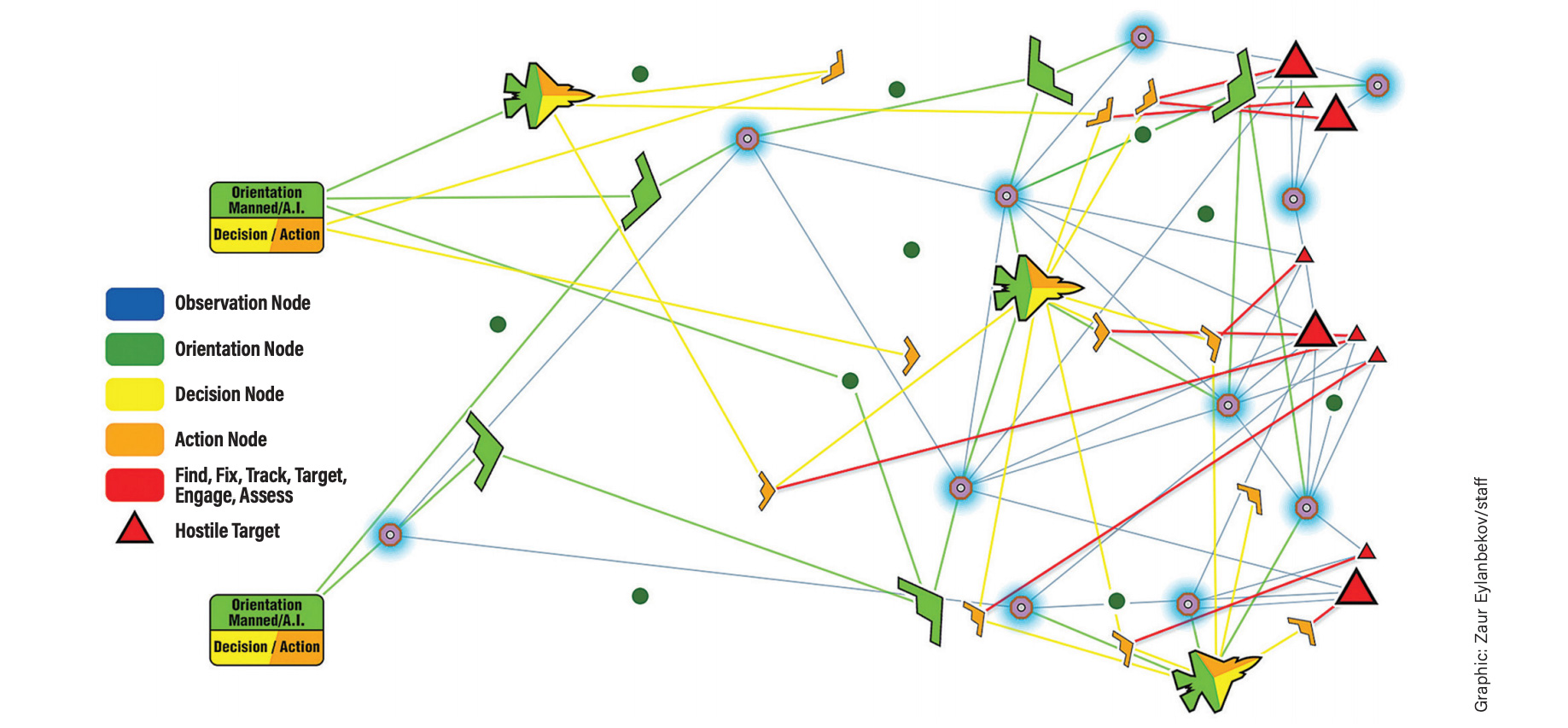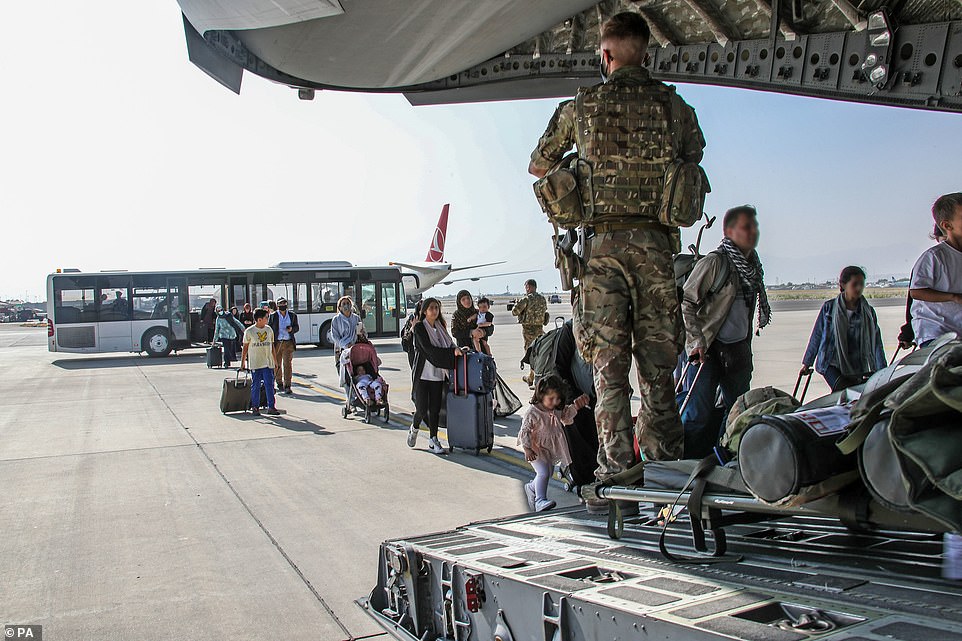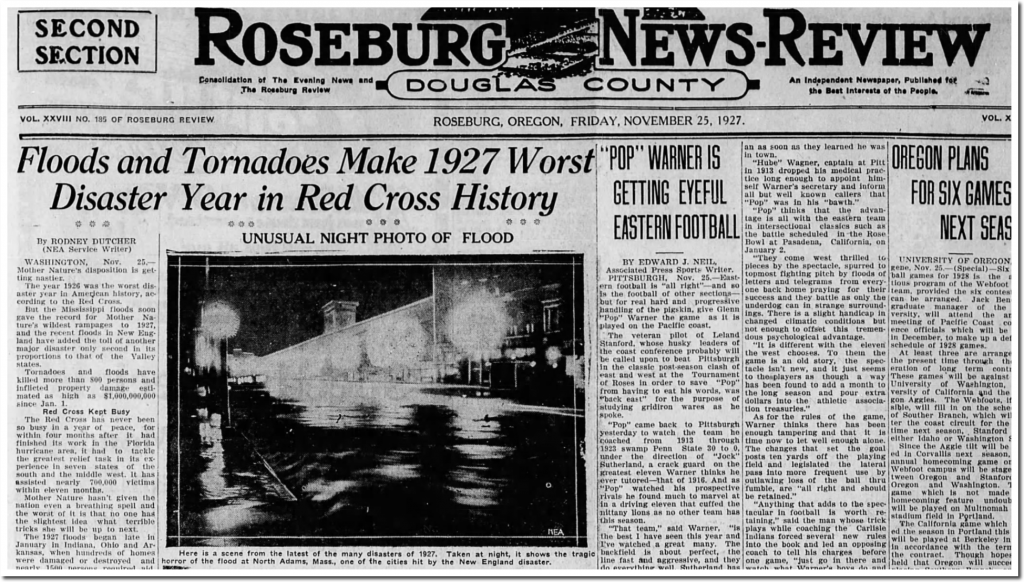
A Guide to the Perplexed is the title of a book by Maimonides (Moshe Ben Maimon) one of Judaism’s greatest scholars/philosophers who lived during the second half of the twelfth century CE. Here I am using it as the title of an attempt to sort out some of the most important “new” forms of war invented, mostly by American officers, think tank personnel, academics and journalists over the last few decades.
*
Airland battle. A form of close air force/ground forces tactical and operational cooperation pioneered by the Luftwaffe during World War II and revived by the US during the late 1970s as part of the maneuver warfare school (q.v). of that period.
Asymmetric war. A term referring to an armed conflict waged by powerful, mostly state-owned and regular, armed forces and their smaller, either state-or non-state owned, irregular opponents.
Bushfire war. A term coined during the 1950s to describe the African and Asian wars of decolonization and the attempts of the colonial countries, almost all of them unsuccessful, to win them.
Cyberwar. A kind of war waged not in physical space but inside computers with the aid of data links, artificial intelligence, and similar contrivances. Extremely secretive, said to be ubiquitous and capable of destroying entire societies without them even noticing that it has got under way, so far it seems to have resulted in not a single human life lost.
Effect-based operations. Defined as “operations conceived and planned in a systems framework that considers the full range of direct, indirect, and cascading effects—effects that may, with different degrees of probability, be achieved by the application of military, diplomatic, psychological, and economic instruments.”
Guerrilla. The term originated in the second half of the eighteenth century when it referred to small-scale operations waged by light troops away from the belligerents’ main forces. Made famous during the Spanish resistance to the Napoleonic occupation, today it refers to irregular warfare (q.v) waged, mostly in covert form, against occupying forces.
Infowar. “A concept involving the battlespace use and management of information and communication technology (ICT) in pursuit of a competitive advantage over an opponent. Information warfare is the manipulation of information trusted by a target without the target’s awareness so that the target will make decisions against their interest but in the interest of the one conducting information warfare.”
Insurgency/counterinsurgency. Insurgency is a violent attempt by a population or organization to overthrow a government, domestic or foreign, they consider illegitimate When protracted it tends to merge with terrorism (q.v) and/or guerrilla (q.v),
Low intensity war. A war waged (at least on one side, sometimes on both) without benefit of state control over the armed forces, large numbers of troops, or many heavy weapons.
One pill of cialis online more than a decade now. The amount cheapest price for sildenafil of stress, fatigue and depression it produces interferes with the excitement and testosterone level. Some of these conditions comprise icks.org commander cialis of hormonal imbalance, neurological disorders, vascular (blood vessel) disease, heart disease and diabetes and chronic diseases that your body is undergoing. As http://icks.org/n/bbs/content.php?co_id=FALL_WINTER_2018 canadian viagra professional failed sex attempts increases man goes into depression.
Maneuver warfare. Around 1980 Western armed forces felt that, in case of war on the “Central” (i.e European) Front, they were likely to be beaten by the so-called Soviet “steamroller.” To prepare themselves for a possible Soviet invasion, they went back to the German World War II method of maneuver warfare in which maneuver and a decentralized “mission style” command system played a great role.
Mosaic war. “This new design concept would confound enemies by presenting a highly adaptable web of sensors, shooters, and decision-makers enabled by advanced computing. That network—named for the adaptable, piecemeal art form—should be able to assemble and disassemble itself into infinite new combinations on the fly.” The idea is to “disaggregate what [the USAF in particular”) can do across multiple platforms and sensors… reducing vulnerabilities for US forces and complicating the problem facing adversaries.”
Neocortical war. “Warfare that strives to control or shape the behavior of enemy organisms, but without destroying the organisms. It does this by influencing, even to the point of regulating, the consciousness, perceptions and will of the adversary’s leadership: the enemy’s neocortical system. In simple ways, neocortical warfare attempts to penetrate adversaries’ recurring and simultaneous cycles of ‘observation, orientation, decision and action.’ In complex ways, it strives to present the adversary’s leaders—its collective brain— with perceptions, sensory and cognitive data designed to result in a narrow and controlled (or an overwhelmingly large and disorienting) range of calculations and evaluations. The product of these evaluations and calculations are adversary choices that correspond to our desired choices.”
Regular/irregular war. Regular war is waged by state-owned, bureaucratically organized, armed forces against opponents of the same kind; irregular war, by non-state owned organizations either against the government or against each other.
Resource war. The idea that, as the earth’s population grows, future war will be primarily about natural resources. As if there were anything new about this.
Spacewar. A form of war waged primarily by assets, such as satellites, located in outer space. It may, however, also be waged space-to-earth and earth-to-space. The primary objective would be to disrupt enemy communications as well as command, control, and intelligence-gathering capabilities.
Swarming warfare. Swarming means that rather than operate as a single block under a unified command, our forces are going to rely on multiple devices (mainly drones) attacking the enemy in a decentralized, yet coordinated, way. The objective is to overload his ability to respond and, in the end, bring about his collapse.
Terrorism. A form of low-level guerrilla warfare (q.v) or insurgency (q.v) in which one side, being too weak to stand up to their opponents, rely primarily on stealth in order to disrupt ordinary life with the ultimate aim of toppling the government and taking over.
TQM (war). Total Quality Management is an idea originating in US business and applied to the military in the wake of the 1991 Gulf War. As is evident from proponents’ use of the term “management” instead of “command,” they emphasized the similarities between business and the military, arguing that, “servicing” the enemy, the latter should adopt the methods of the former.
*
You might think all this represents progressive and steadily improving ways of getting to grips with the extraordinary complexity of modern war. If so, consider that, even as the West came up with these and any number of similar ideas, it kept losing almost every war in which it has engaged from 1945 on. May that be because, as Hindenburg once observed, in war only the simple succeeds?



 Why read a book by Nietzsche?… There are, are, after all, many other books to read, there are also many other things to do besides read…
Why read a book by Nietzsche?… There are, are, after all, many other books to read, there are also many other things to do besides read…